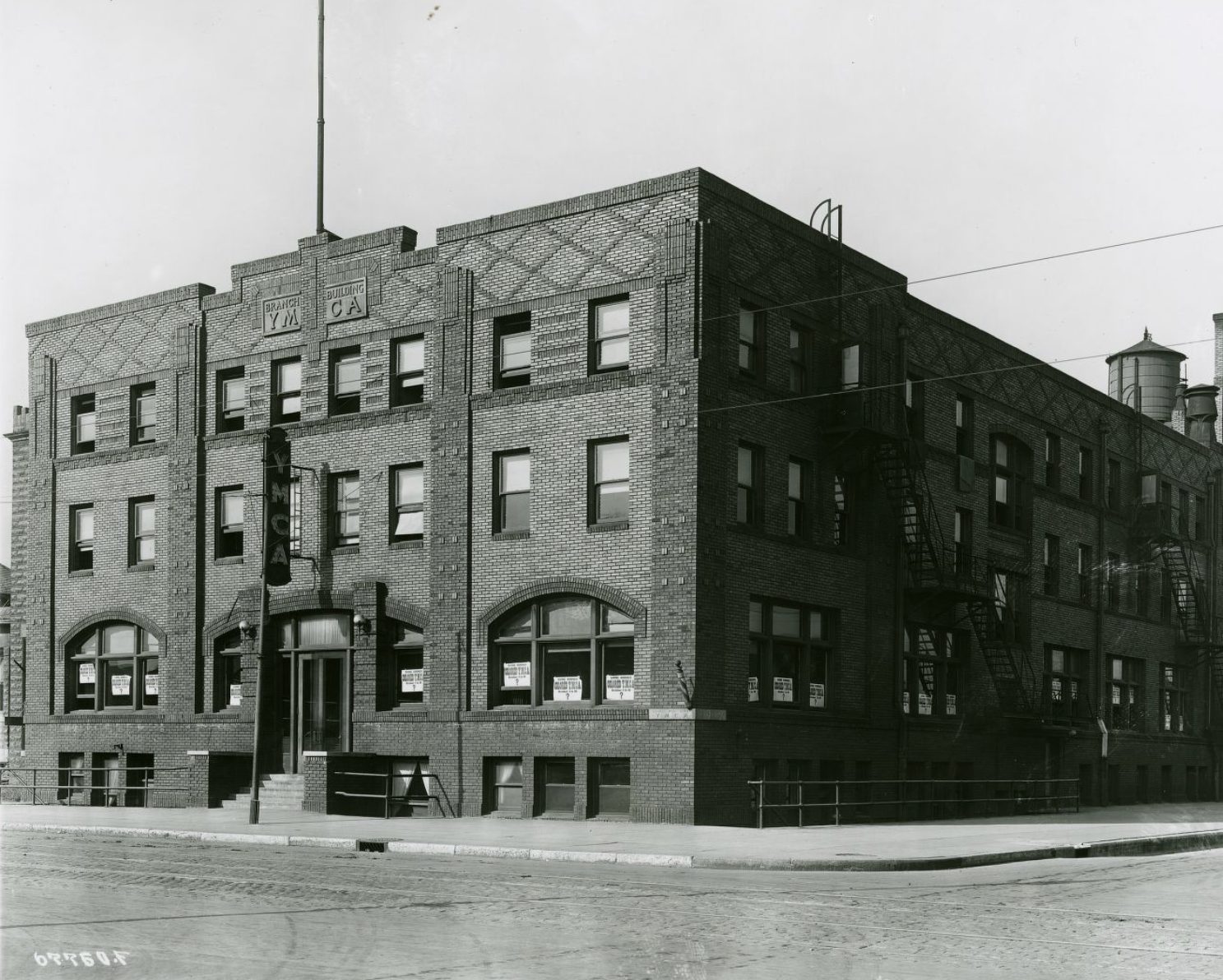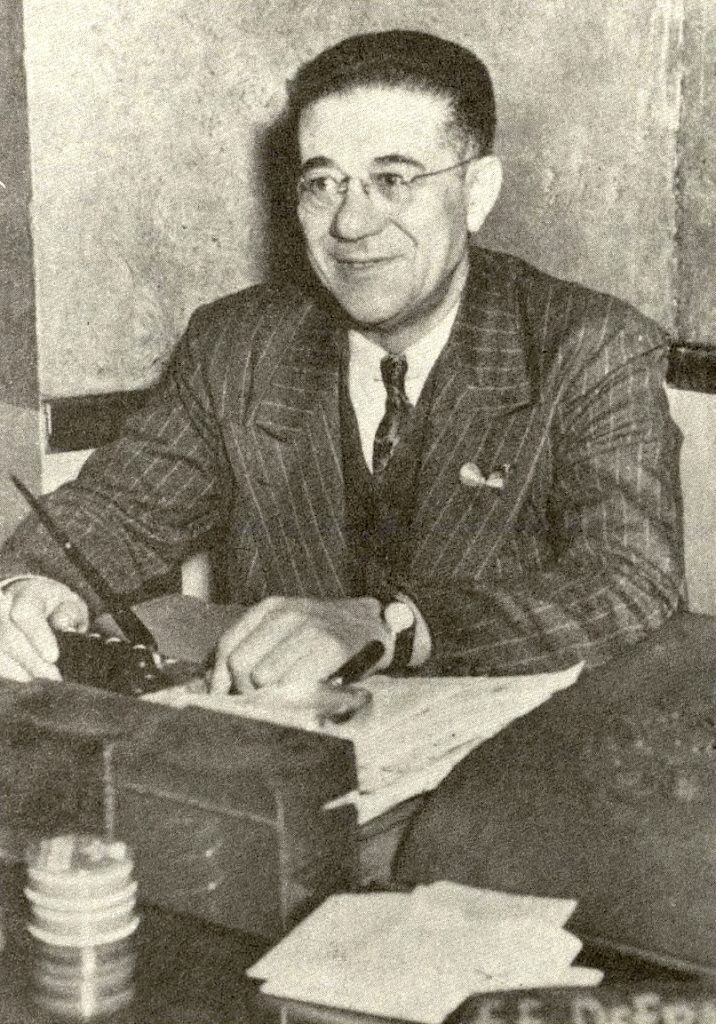In 1900, a group of African American men founded the Young Men’s Prayer Band in Indianapolis to challenge the discriminatory practices of the city’s YMCA. By 1905, the Young Men’s Prayer Band ─ which merged into an unnamed “Colored” YMCA and later became known as the ─ launched an annual series of public lectures known as “Monster Meetings.” The public forums, held most Sunday afternoons between November and March, featured prominent speakers from across Indiana and the United States, who addressed attendees about local, state, and national issues.

The Monster Meetings grew in the early 1900s under Executive Secretary Thomas E. Taylor, who helped attract prominent religious, business, and political figures. Early speakers included J. E. Moorland, international secretary of the YMCA from Washington, D.C. (1906); Congressman James E. Watson (1908); Chautauqua speaker George W. Thompson (1908); Colonel Eli F. Ritter (1909); and numerous pastors from across the country. The meetings, which often featured music, attracted hundreds of attendees. By 1907, the reported that they had “become a fixture in Indianapolis[,] great crowds of men attending each Sunday to listen to the excellent music of the orchestra and the addresses that are delivered by the speakers that are secured each week to come before this great gathering of men.” In 1910, the Recorder referred to them as the “star attraction for men on Sunday afternoons.”
The meetings were held at a variety of buildings in Indianapolis significant to the Black community, including the Afro-American Realty Co., , Second Baptist Church, Jones’s Tabernacle, , and at the YMCA itself. While the forums were largely planned for men only and featured Black male speakers, there were several exceptions. Many white politicians spoke throughout the history of the Monster Meetings, including Indiana Governors Samuel Ralston (1916, and again in 1924 as U.S. Senator), Ed Jackson (1926), Paul McNutt (1934), and Henry F. Schricker (1950). The YMCA invited women to attend periodic meetings as early as 1906 in response to requests from the community and, for a time, featured a ladies’ day the first Sunday of the month. Although it was rare, some women were also the featured speaker, such as evangelist Lena Mason (1907), professor and history teacher Merze Tate (1936), and southern writer and social critic Lillian Smith (1942).

The public forums expanded dramatically under the leadership of , executive secretary of the Senate Avenue YMCA from 1916-1951. According to historian Stanley Warren, “With DeFrantz’s encouragement and leadership the Monster Meetings served as focal points for protest and constituent education” and “played a central role in galvanizing the community around important issues . . .” The meetings helped inform, educate, and provide a platform for discussion on relevant topics and issues of the times, including state and national desegregation efforts and legislation impacting the Black community. DeFrantz attracted national figures to these meetings, including Dr. W. E. B. DuBois (1917), Dr. Carter G. Woodson (1924), George Washington Carver (1925), Eleanor Roosevelt (1953), Jackie Robinson (1958), Rev. Martin Luther King, Jr. (1959), and Rev. Mordecai Johnson, who opened the Monster Meeting season for over forty years.
The YMCA hosted the Monster Meetings in the 1960s. In 2021, the and other partners revived them to “create racial equity, strengthen character and empower future leaders through truth and racial reconciliation.”

Help improve this entry
Contribute information, offer corrections, suggest images.
You can also recommend new entries related to this topic.

